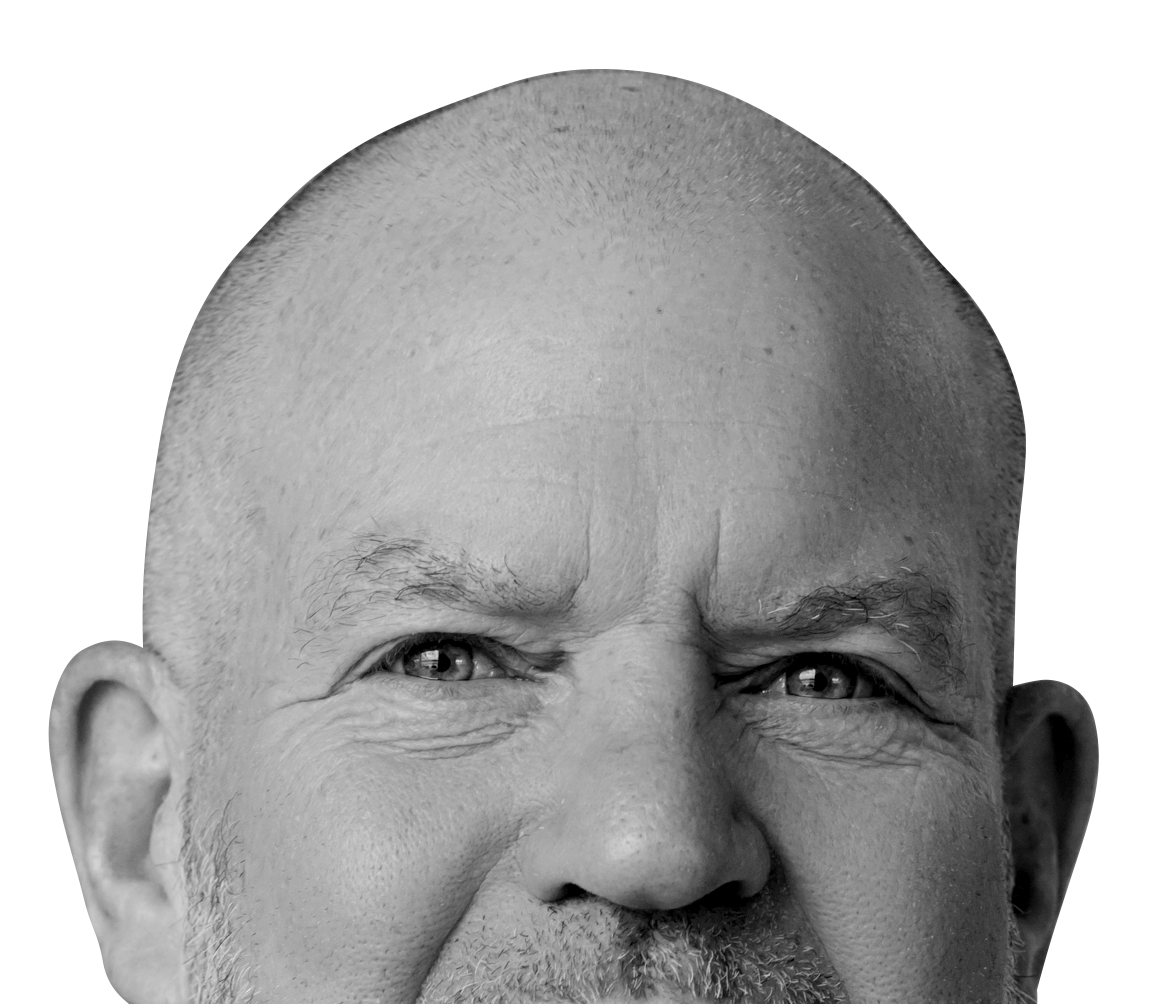KNOWLEDGE IS THE COMPETITIVE EQUALIZER
Read, listen, observe. I’ve spent years learning from hundreds of books, podcasts, and conversations, building a blueprint that’s shaped my thinking and leadership. Now, I’m sharing it so others can take action. These are tools to help you develop ideas, build businesses, and make an impact. The goal: to give you a competitive edge, so you can dream without limits, move fast, and create something that matters
The Chip Wilson Library
Culture & Development
-
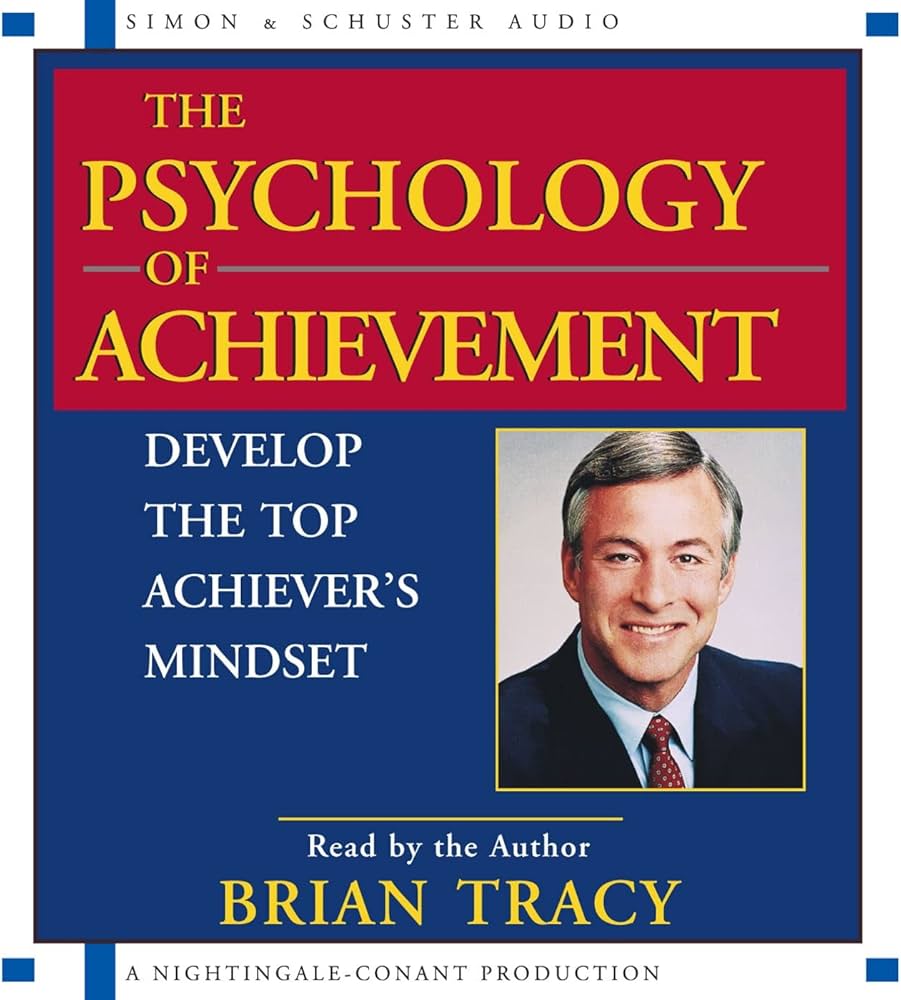
The Psychology of Achievement
by Brian Tracy
-
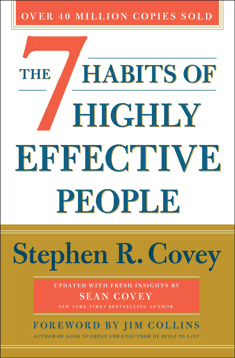
The 7 Habits of Highly Effective…
by Stephen R. Covey
-
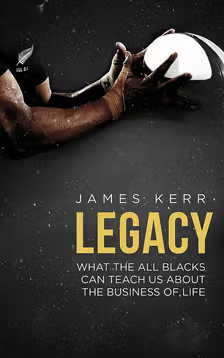
Legacy
by James Kerr
-
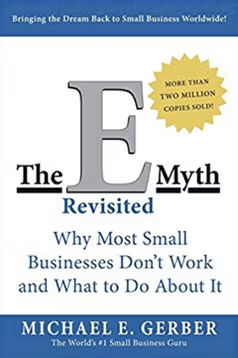
The E-Myth Revisited
by Michael E. Gerber
-
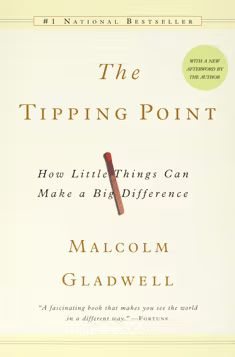
The Tipping Point
by Malcolm Gladwell
-
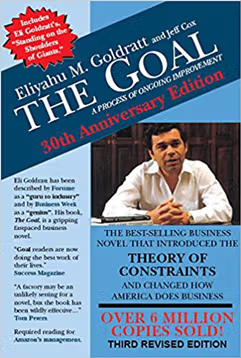
The Goal
by Eliyahu M. Goldratt
-
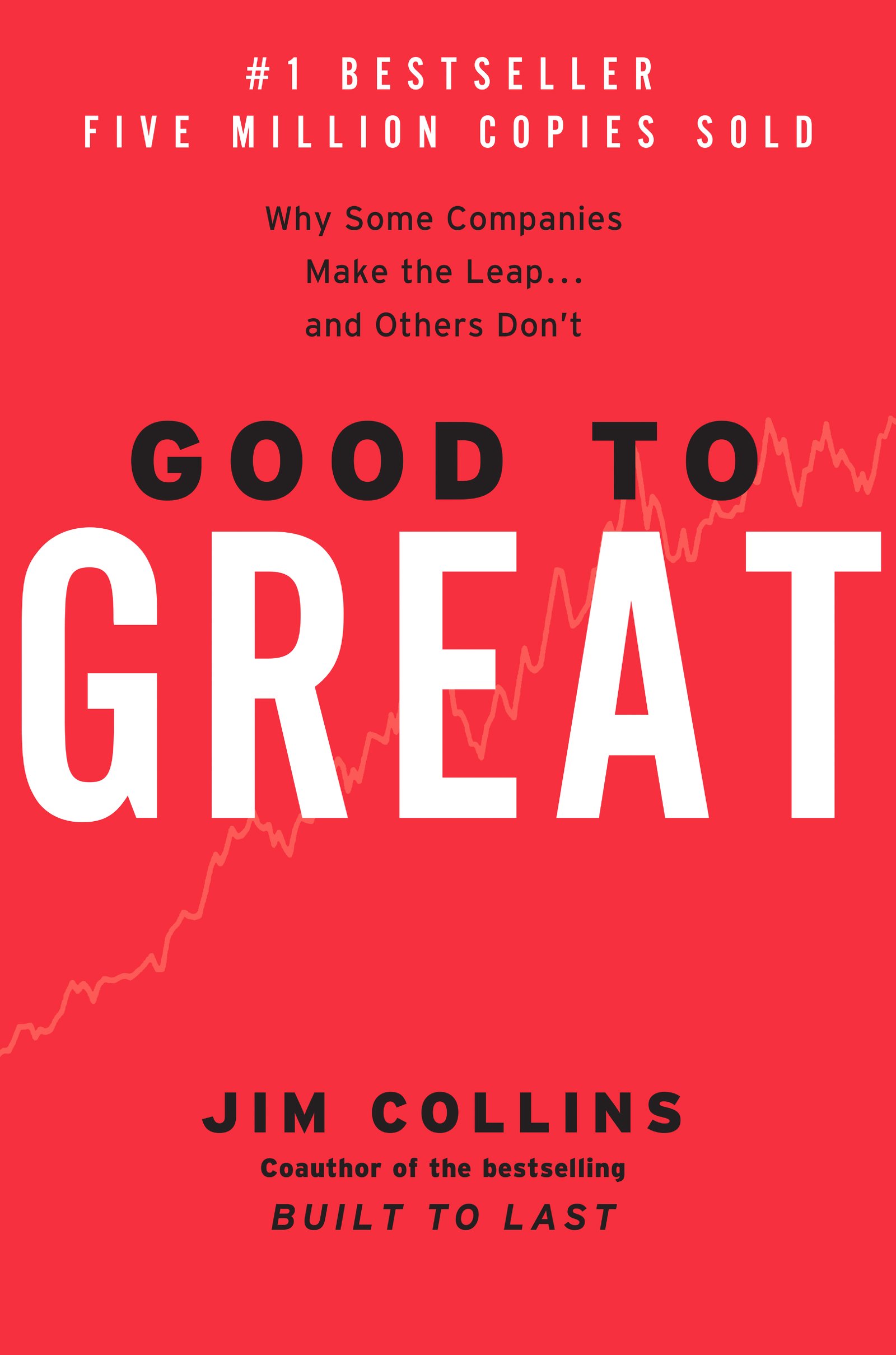
Good to Great
by James C. Collins
-
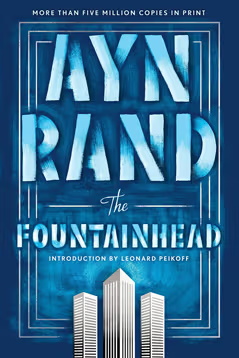
The Fountainhead
by Ayn Rand
-
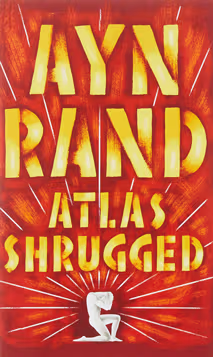
Atlas Shrugged
by Ayn Rand
Fiction
-

The Lord of the Rings
by J.R.R. Tolkien
-
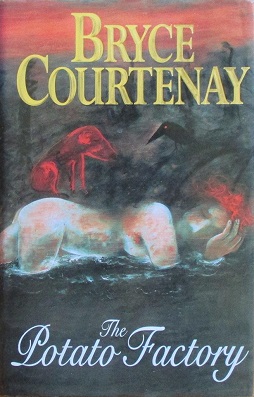
The Potato Factory
by Bryce Courtenay
-
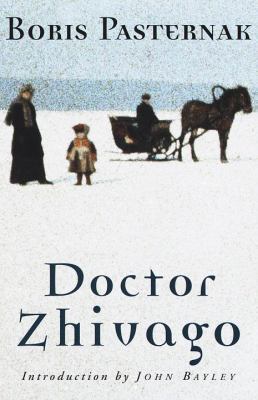
Doctor Zhivago
by Boris Pasternak
-
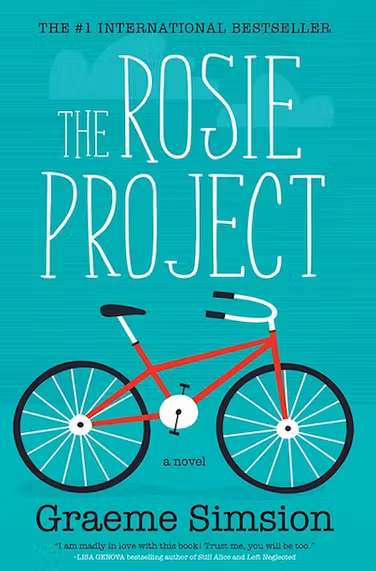
The Rosie Project
by Graeme Simsion
-
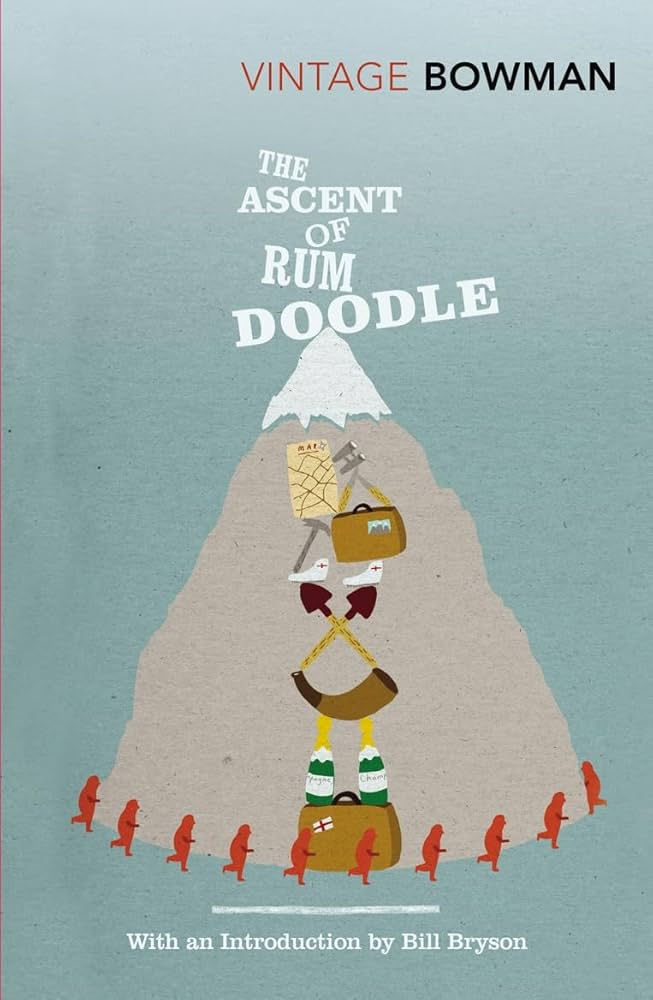
The Ascent of Rum Doodle
by W.E. Bowman
-
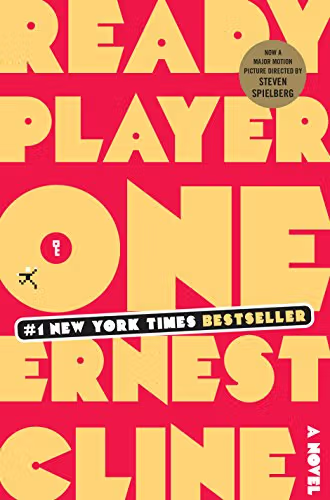
Ready Player One
by Ernest Cline
-
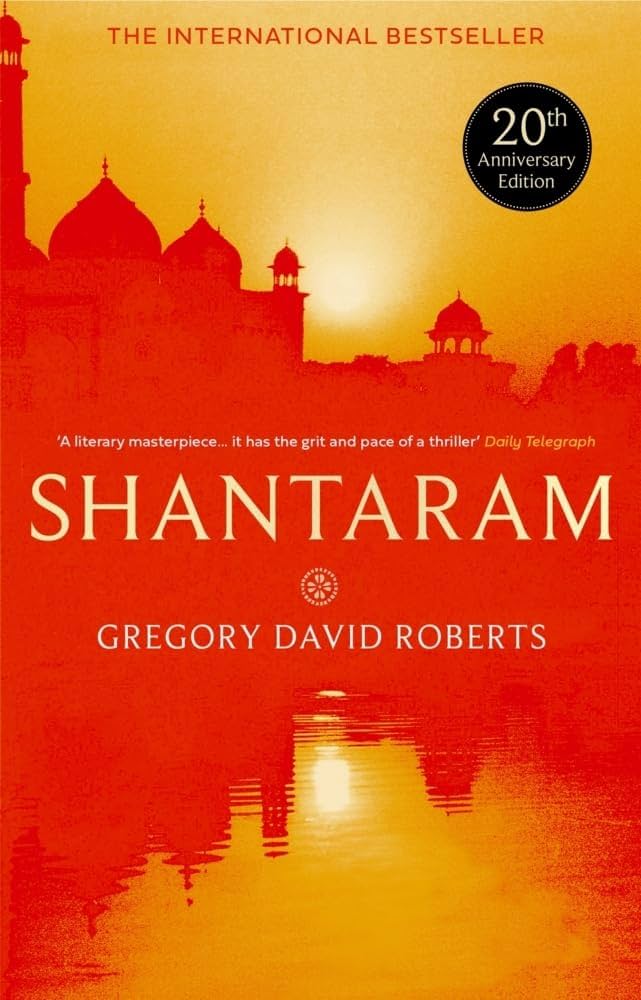
Shantaram
by Gregory David Roberts
-
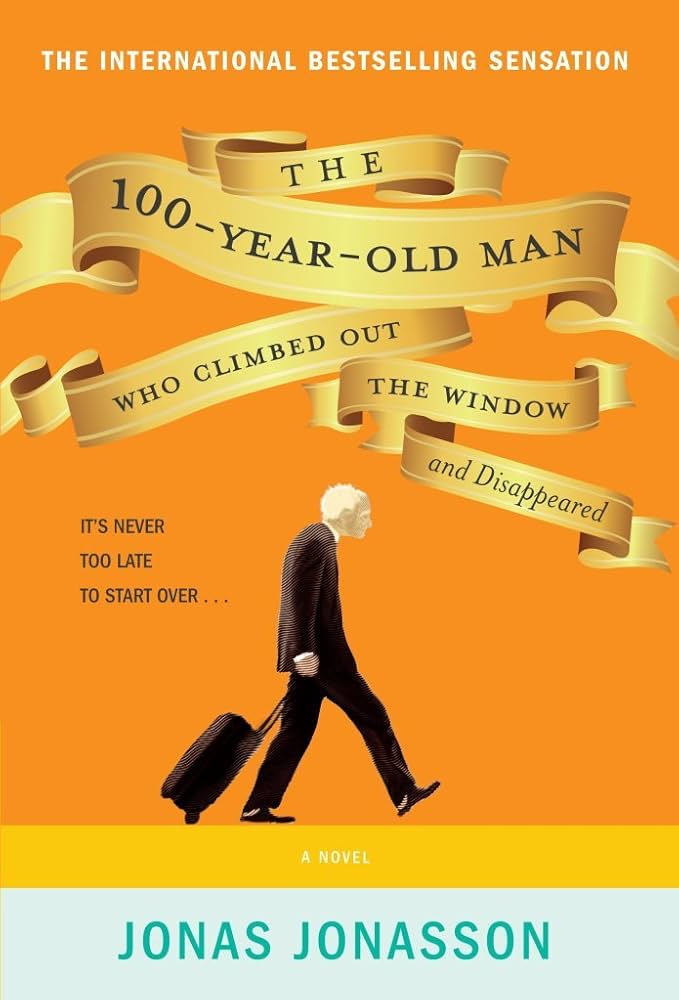
The 100-Year-Old Man Who Climbed Out…
by Jonas Jonasson
-
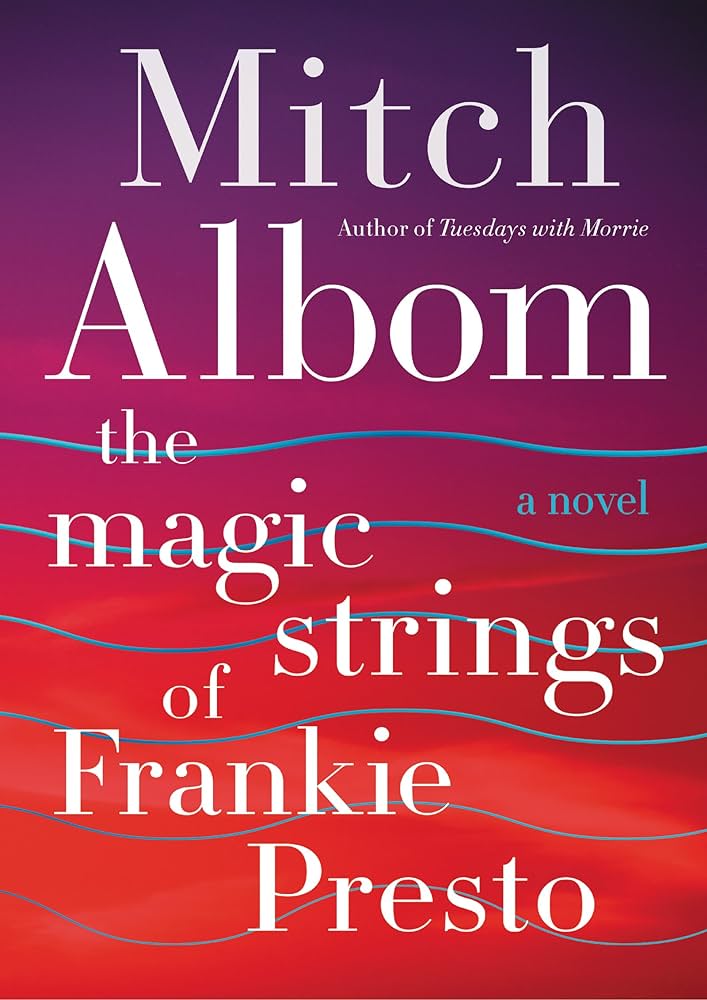
The Magic Strings of Frankie Presto
by Mitch Albom
-
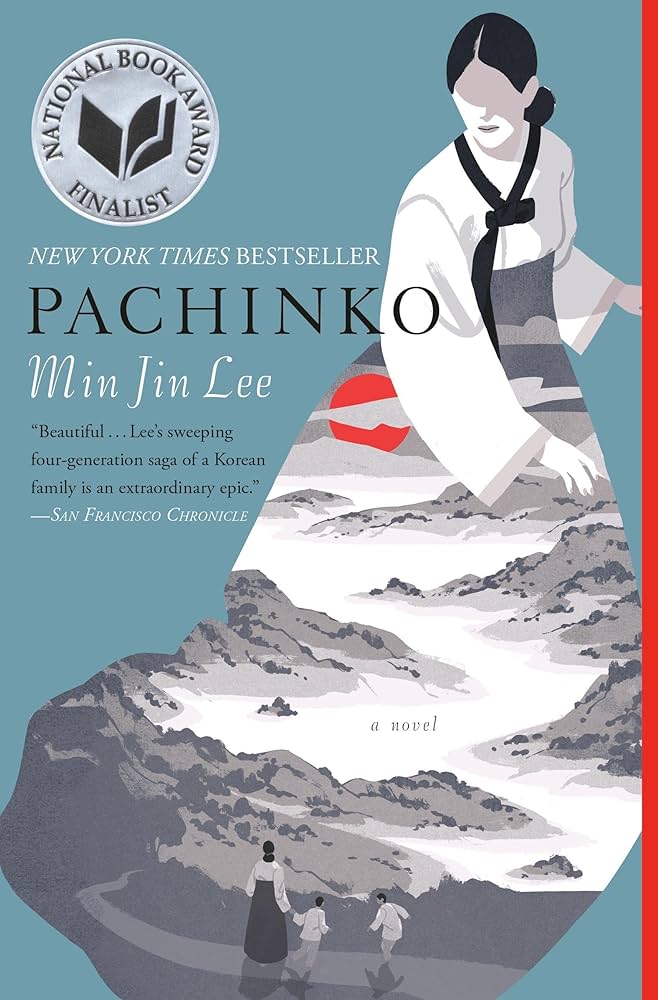
Pachinko
by Min Jin Lee
-
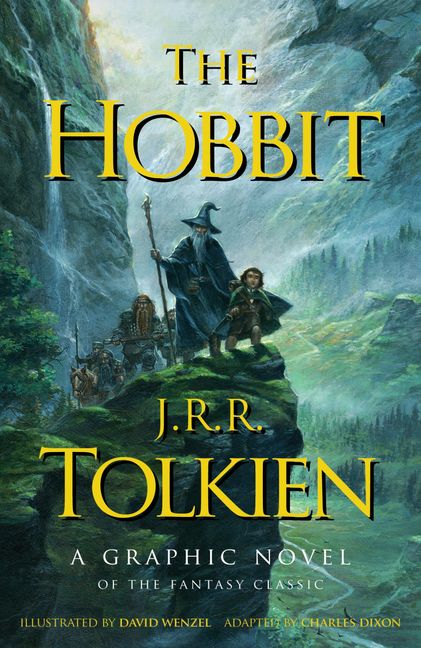
The Hobbit
by J.R.R. Tolkien
-
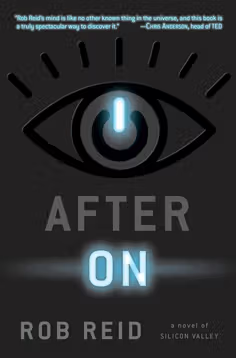
After On: A Novel of Silicon…
by Rob Reid
-
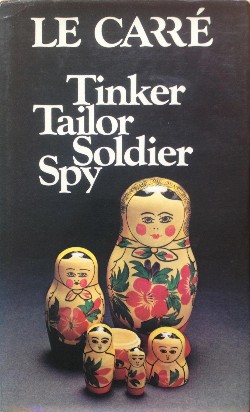
Tinker, Tailor, Soldier, Spy
by John le Carre
-
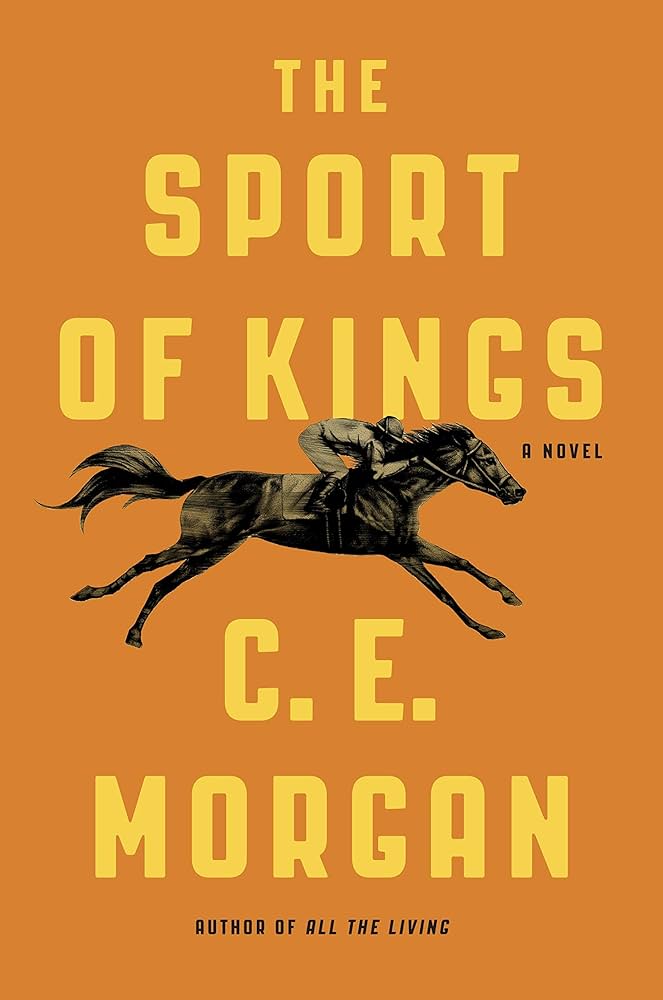
The Sport of Kings
by C.E. Morgan
-
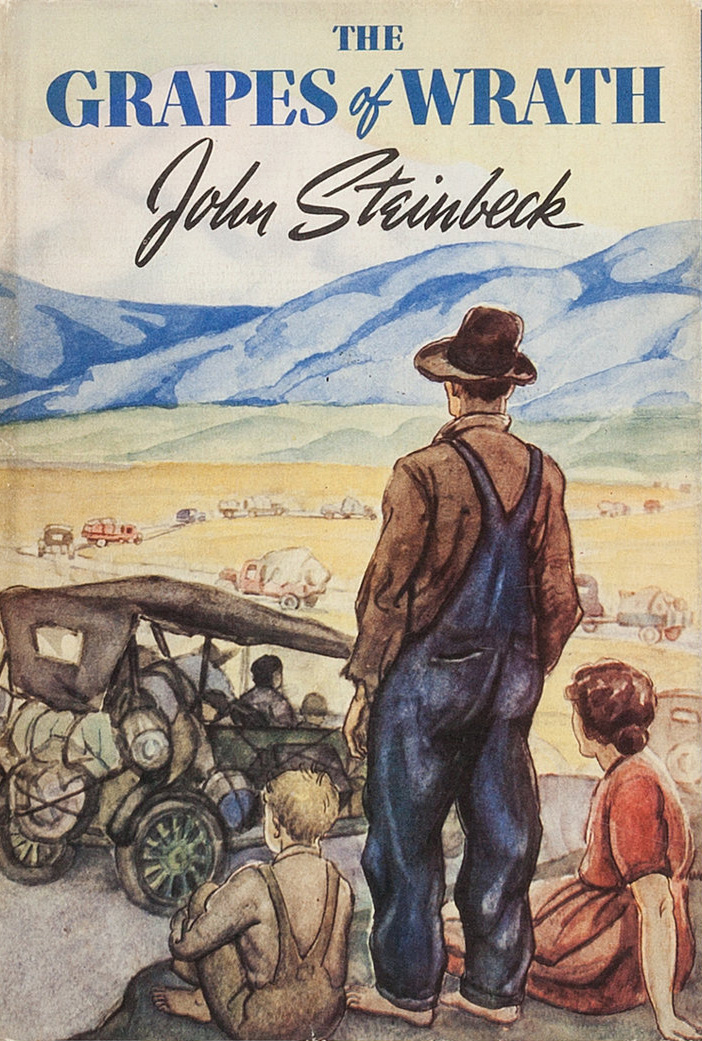
The Grapes of Wrath
by John Steinbeck
-
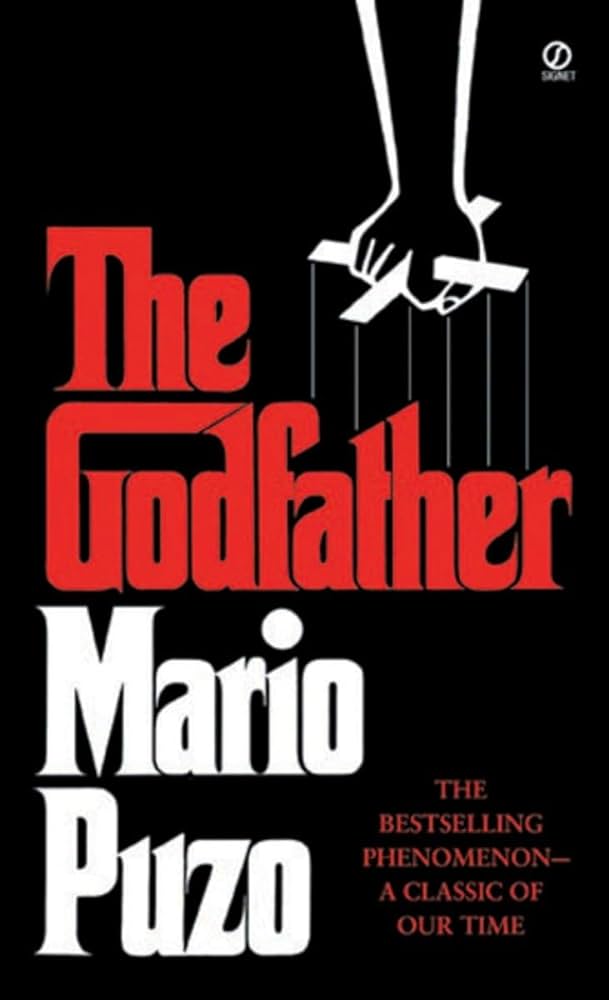
The Godfather
by Mario Puzo
-

Stranger in a Strange Land
by Robert A. Heinlein
-
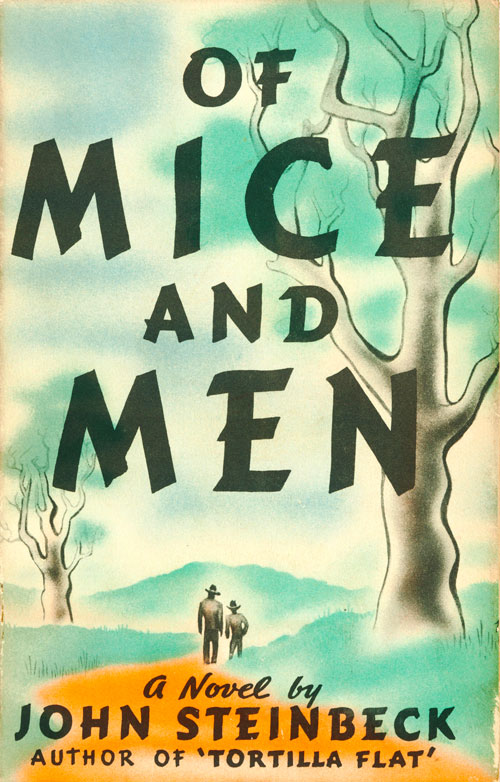
Of Mice and Men
by John Steinbeck
-

Middlesex
by Jeffrey Eugenides
-
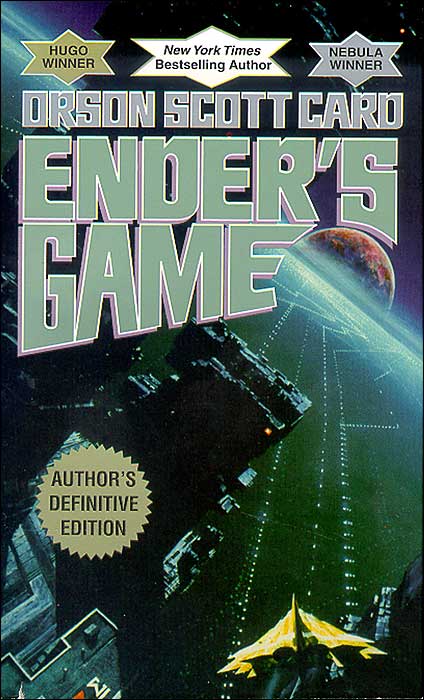
Ender’s Game
by Orson Scott Card
-
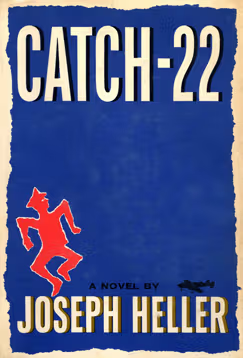
Catch-22
by Joseph Heller
-
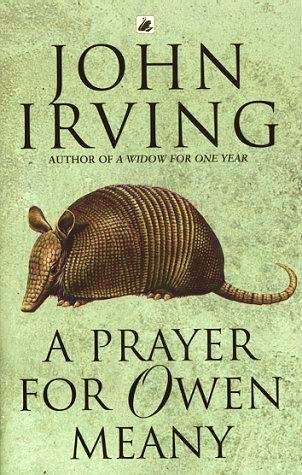
A Prayer for Owen Meany
by John Irving
-

A Passage to India
by E.M. Forster
-

Anthem
by Ayn Rand & Leonard Peikoff
-

Anna Karenina
by Leo Tolstoy
-
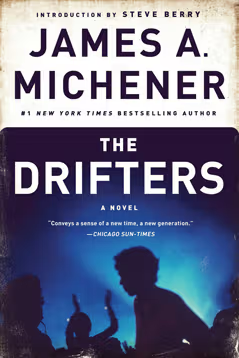
The Drifters
by James Michener
-
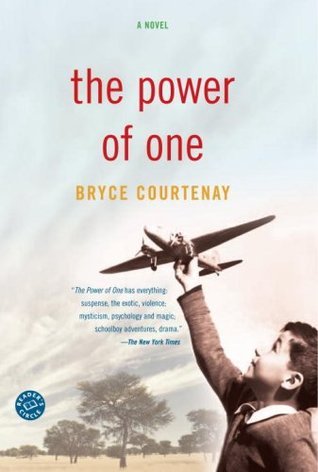
The Power of One
by Bryce Courtenay
-

The Stone Diaries
by Carol Shields
-
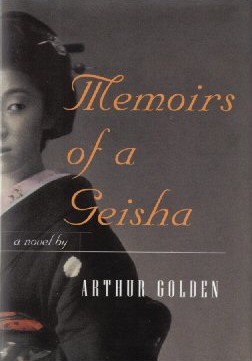
Memoirs of a Geisha
by Arthur Golden
-
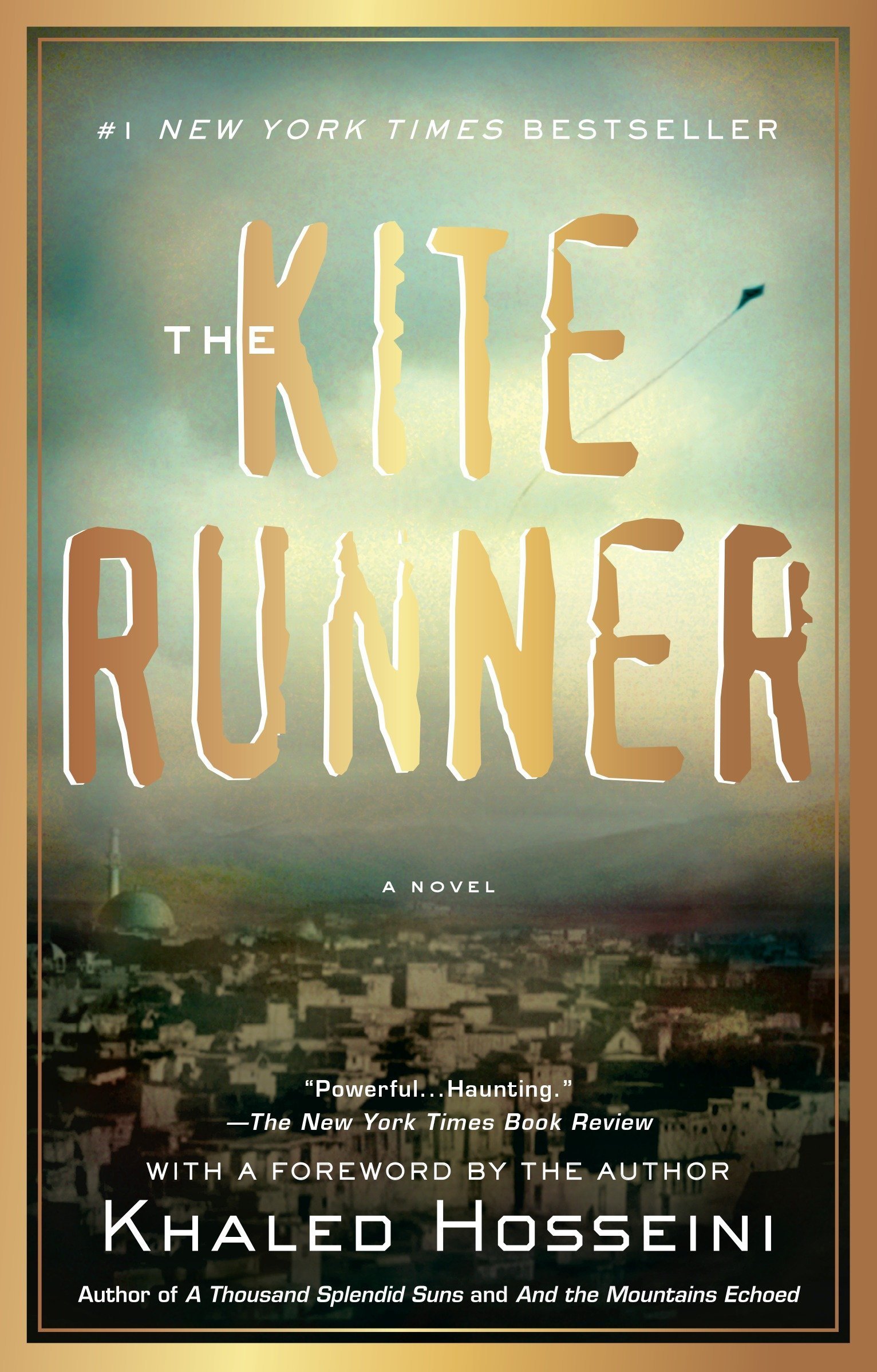
The Kite Runner
by Khaled Hosseini
-
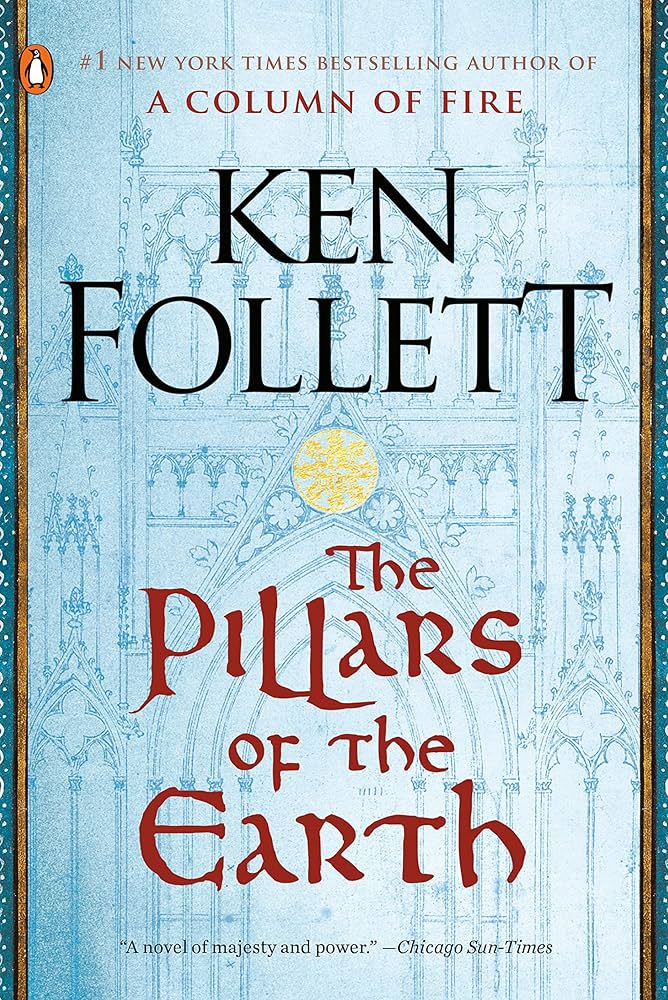
The Pillars of the Earth
by Ken Follett
-
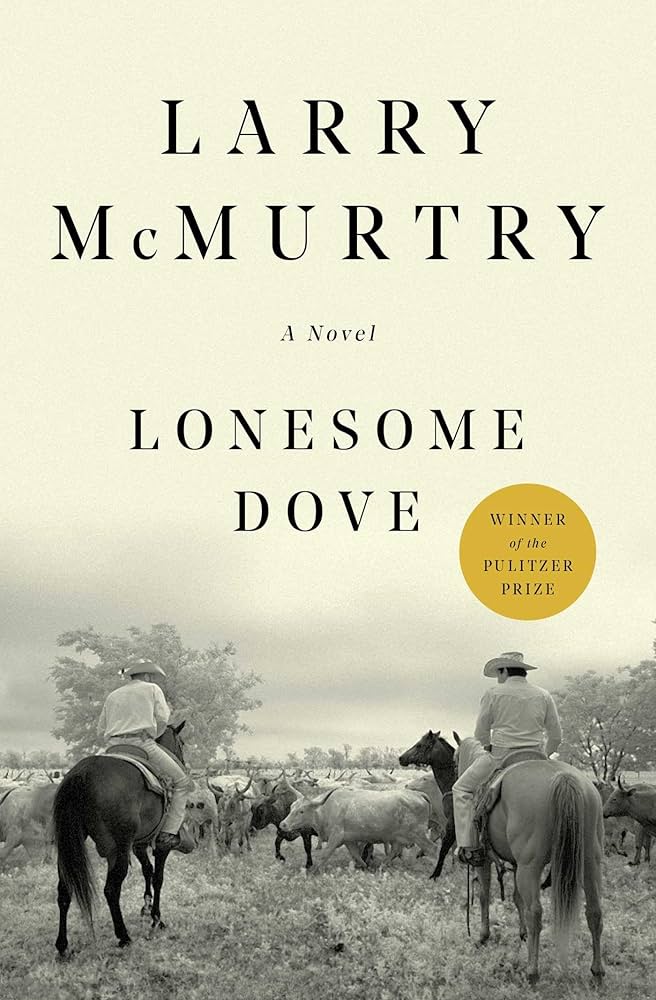
Lonesome Dove
by Larry McMurtry
-
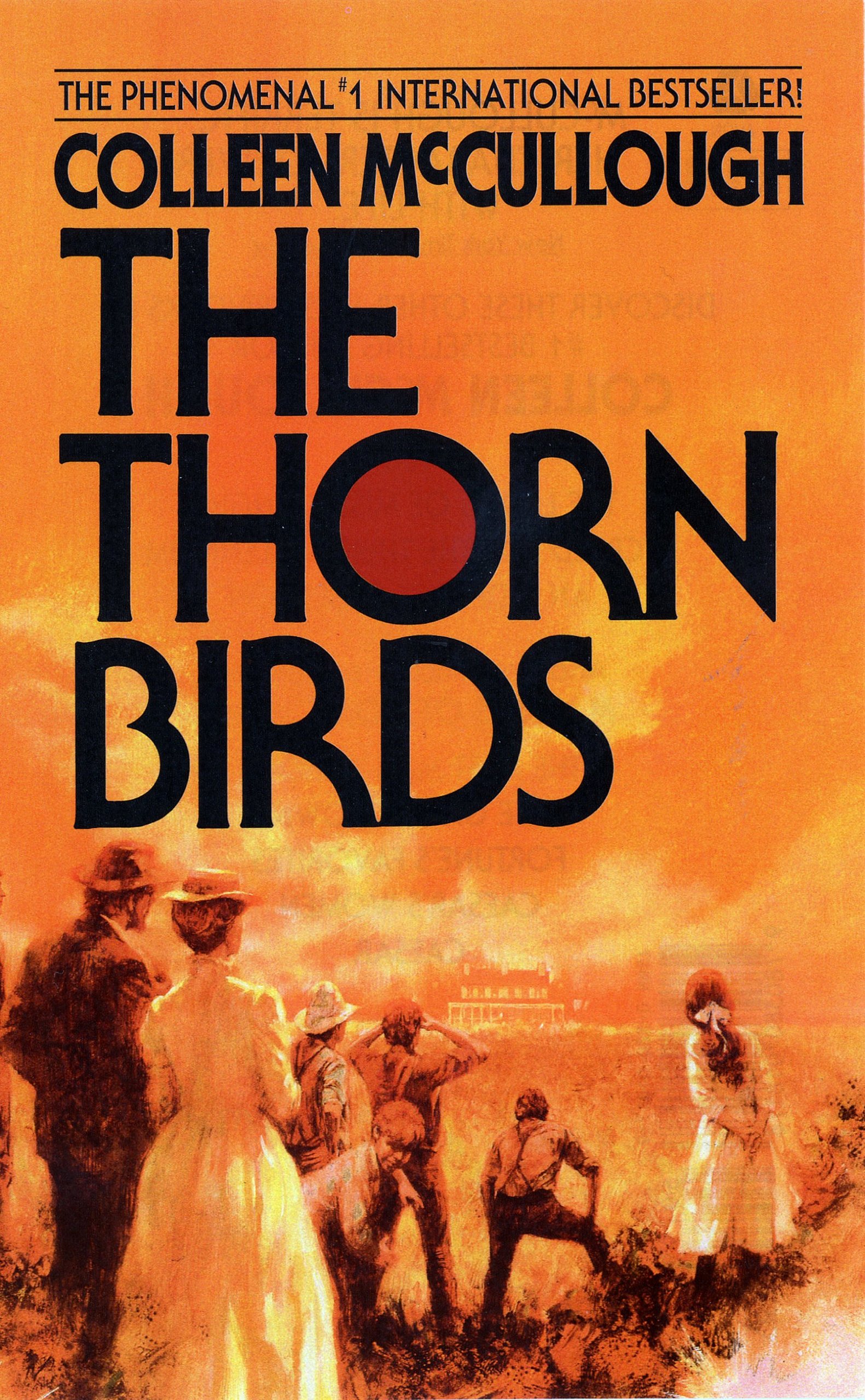
The Thorn Birds
by Colleen McCullough
-
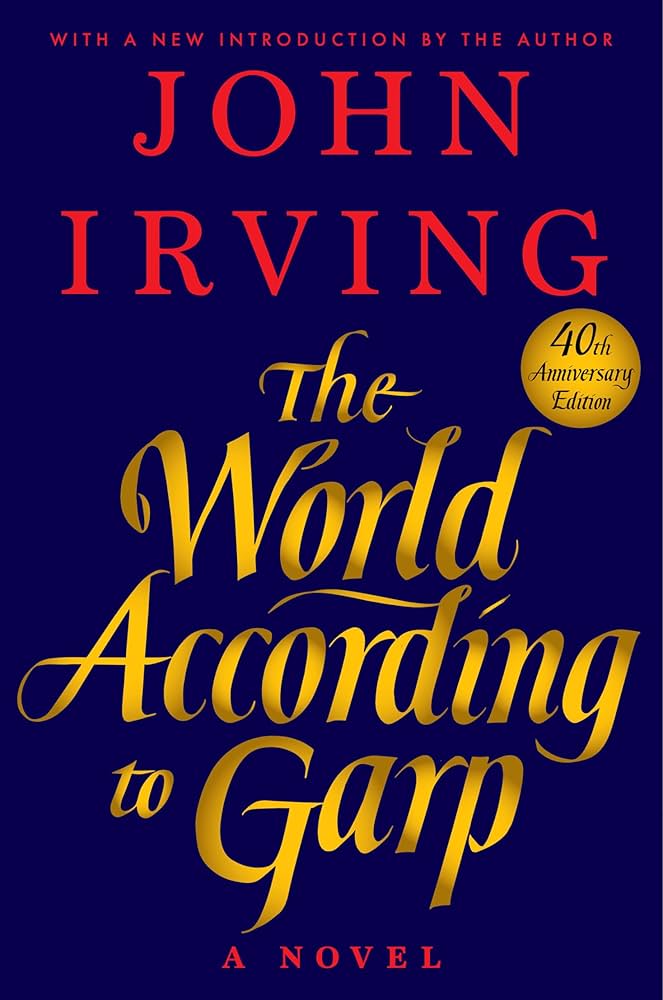
The World According to Garp
by John Irving
-

1984
by George Orwell
Non-Fiction
-
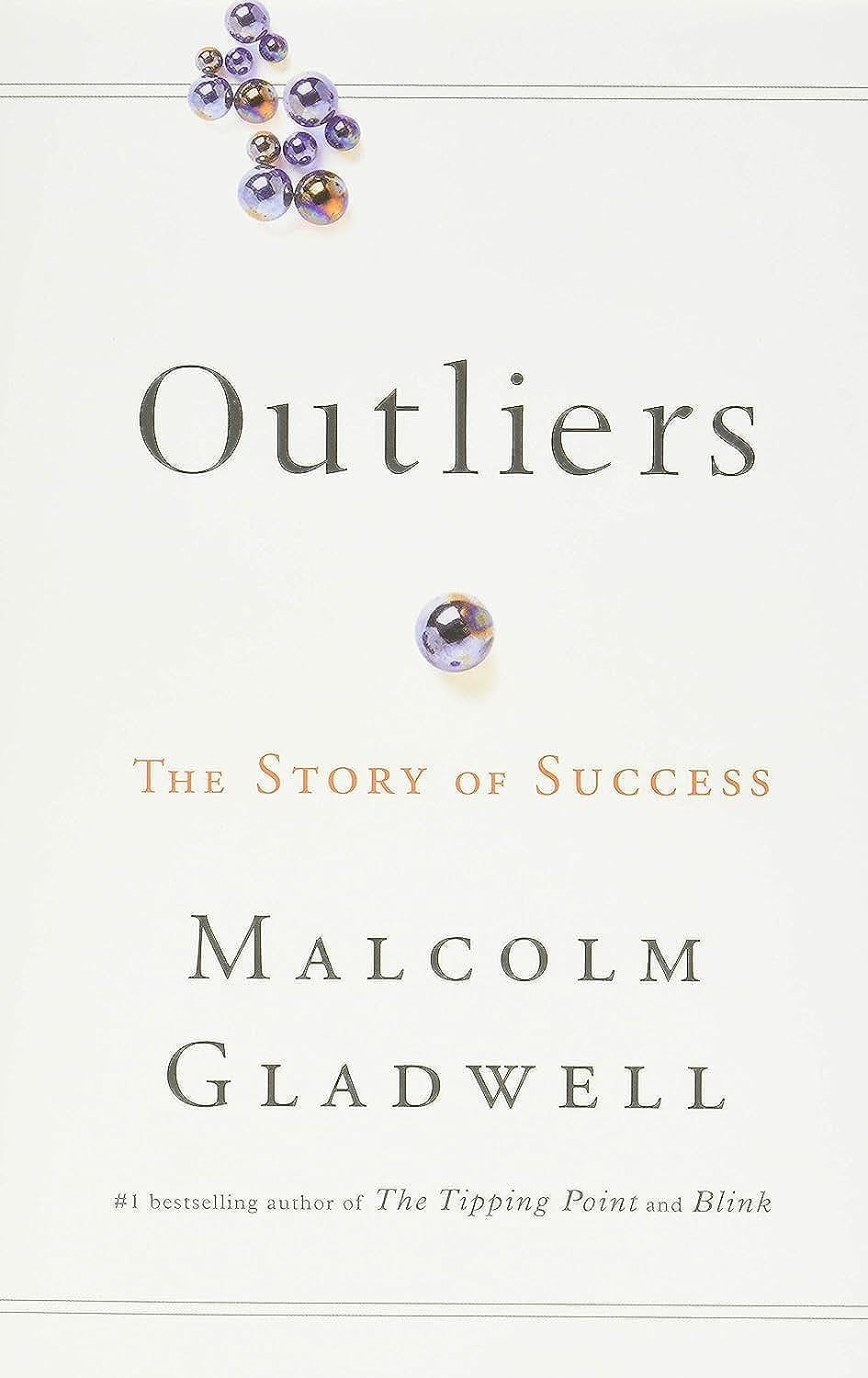
Outliers: The Story of Success
by Malcolm Gladwell
-
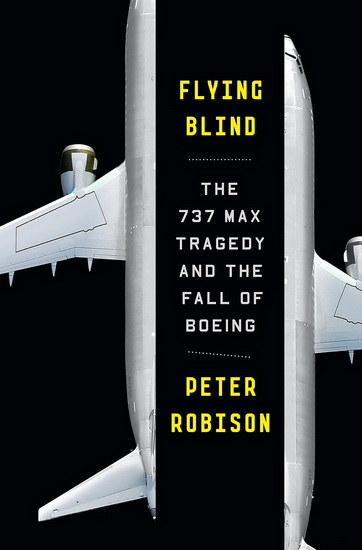
Flying Blind
by Peter Robinson
-
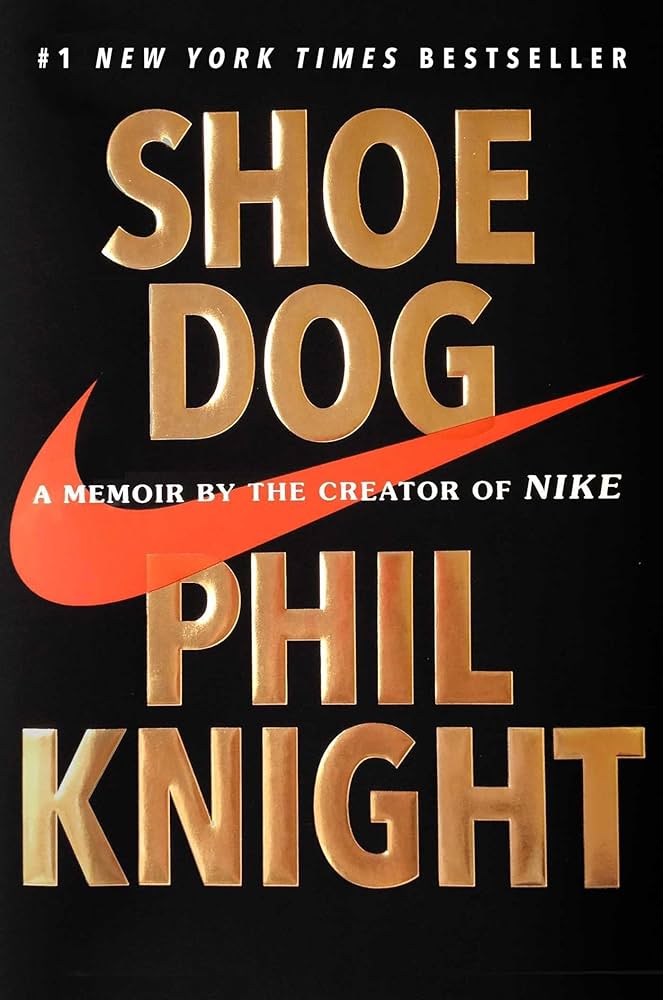
Shoe Dog
by Phil Knight
-
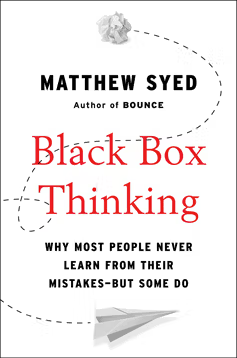
Black Box Thinking
by Matthew Syed:
-
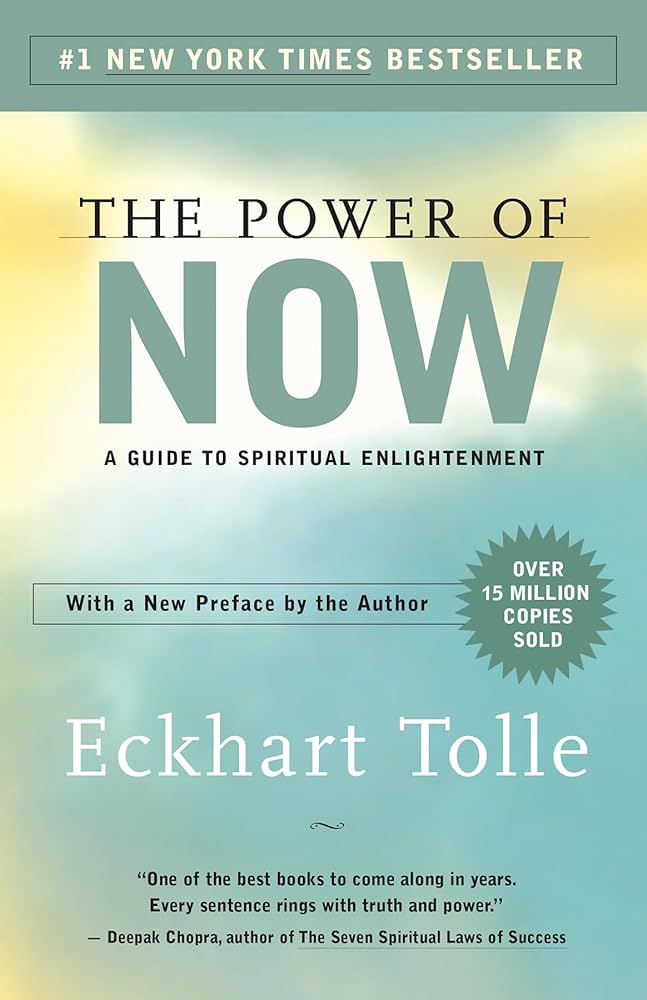
The Power of Now
by Eckhart Tolle
-
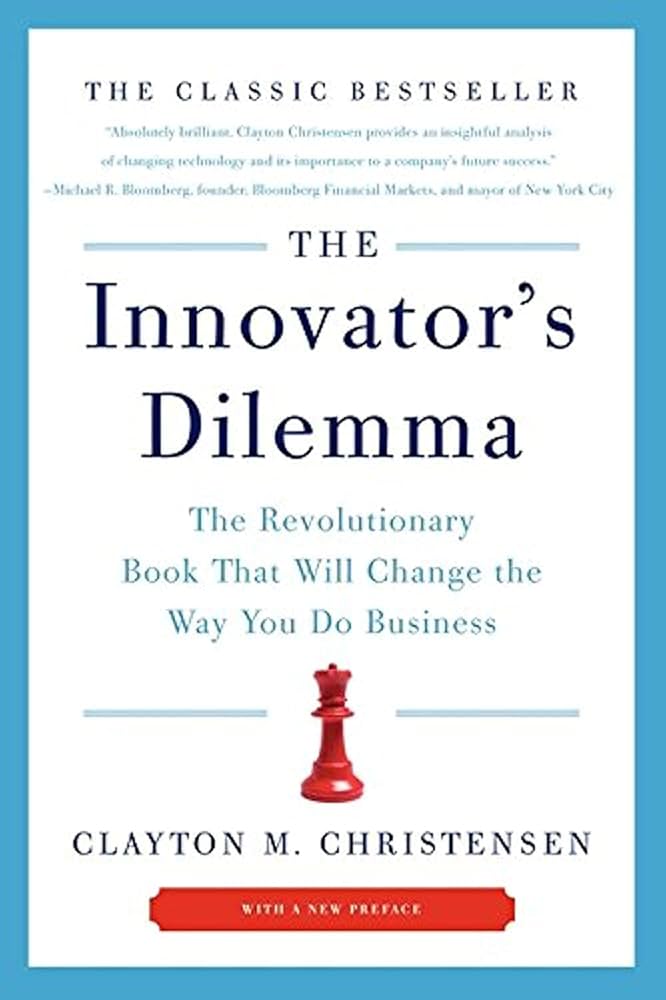
The Innovator’s Dilemma: The Revolutionary Book…
by Clayton M. Christensen
-
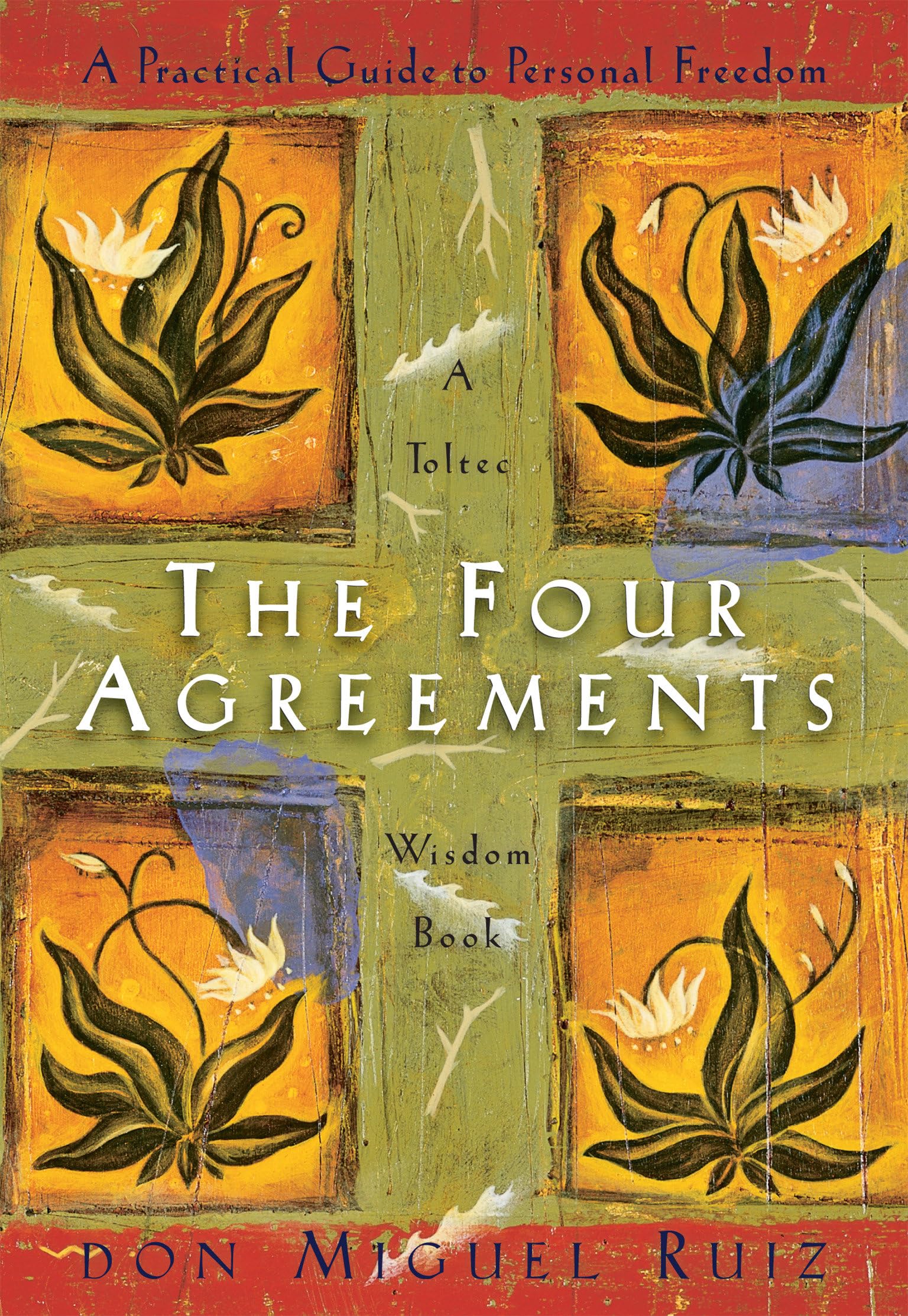
The Four Agreements: A Practical Guide…
by Don Miguel Ruiz
-
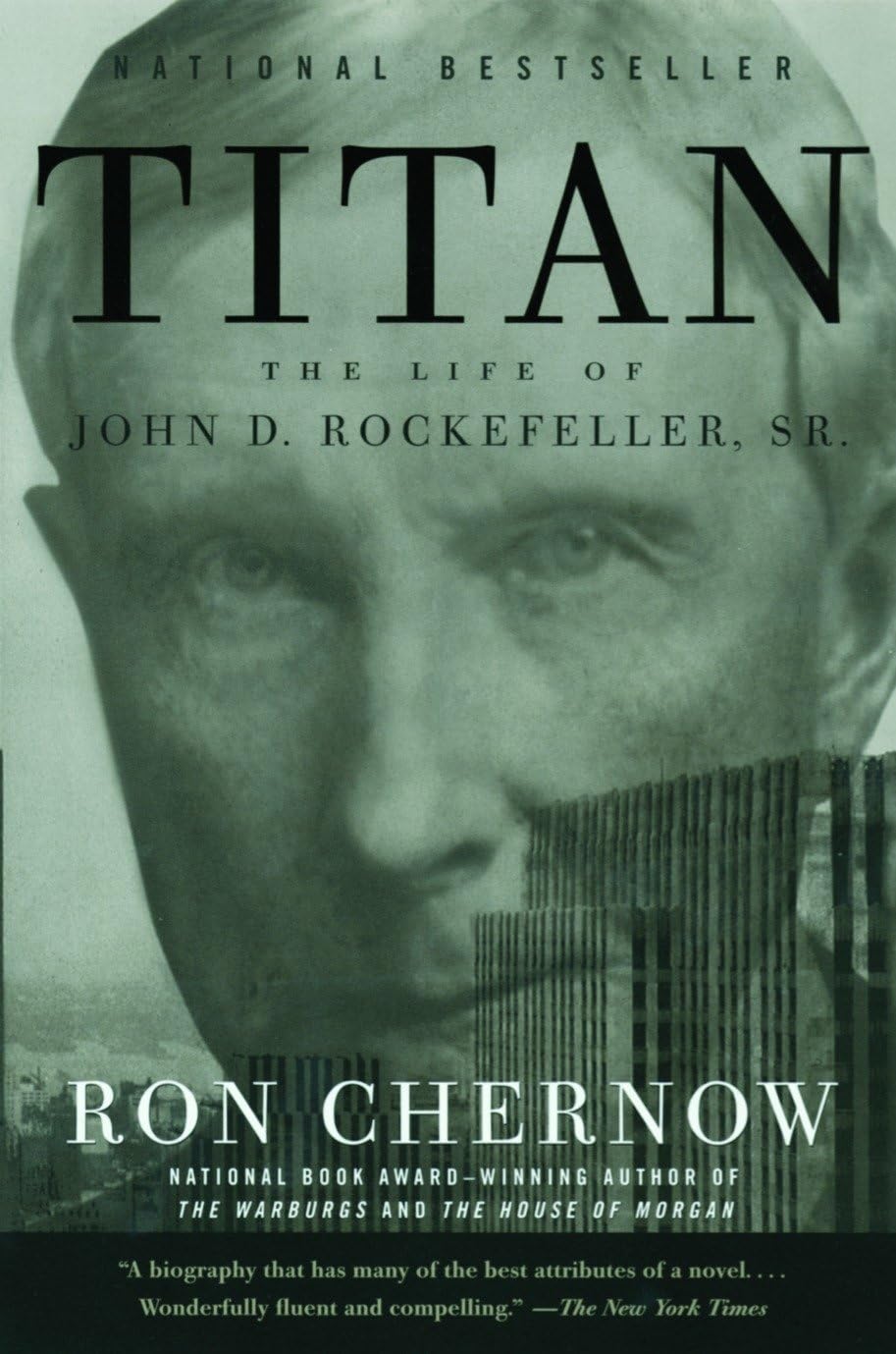
Titan
by Ron Chernow
-
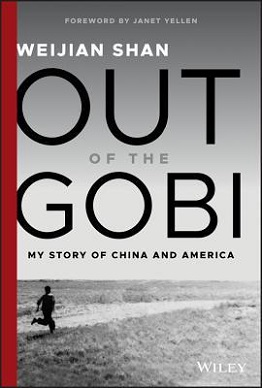
Out of the Gobi
by Weijain Shan
-
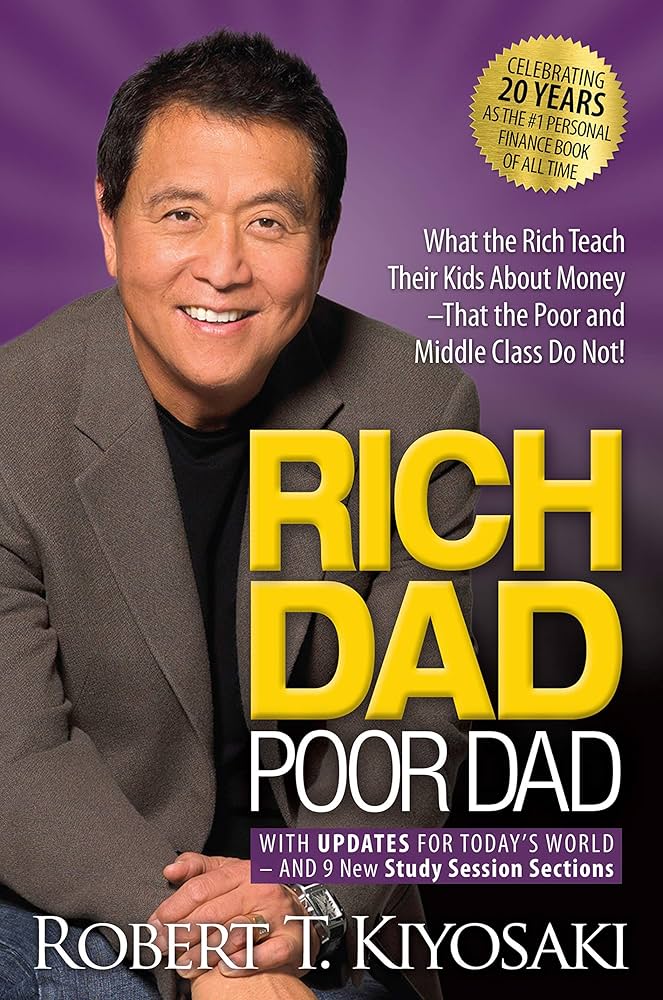
Rich Dad, Poor Dad
by Robert Kiyosaki
-
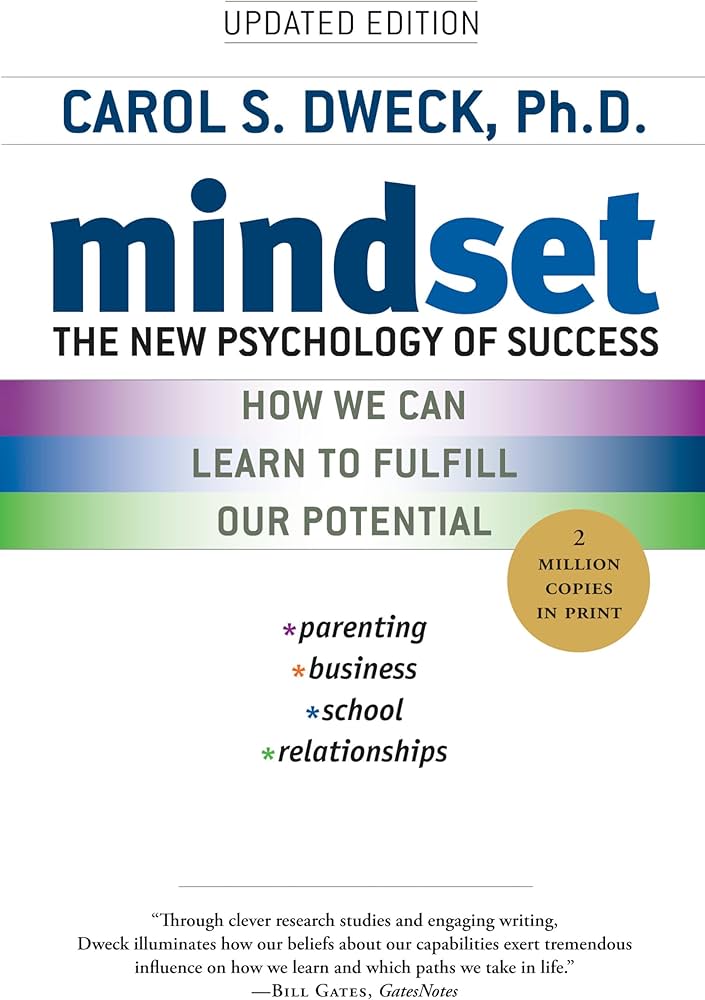
Mindset: The New Psychology of Success
by Carol S. Dweck
-
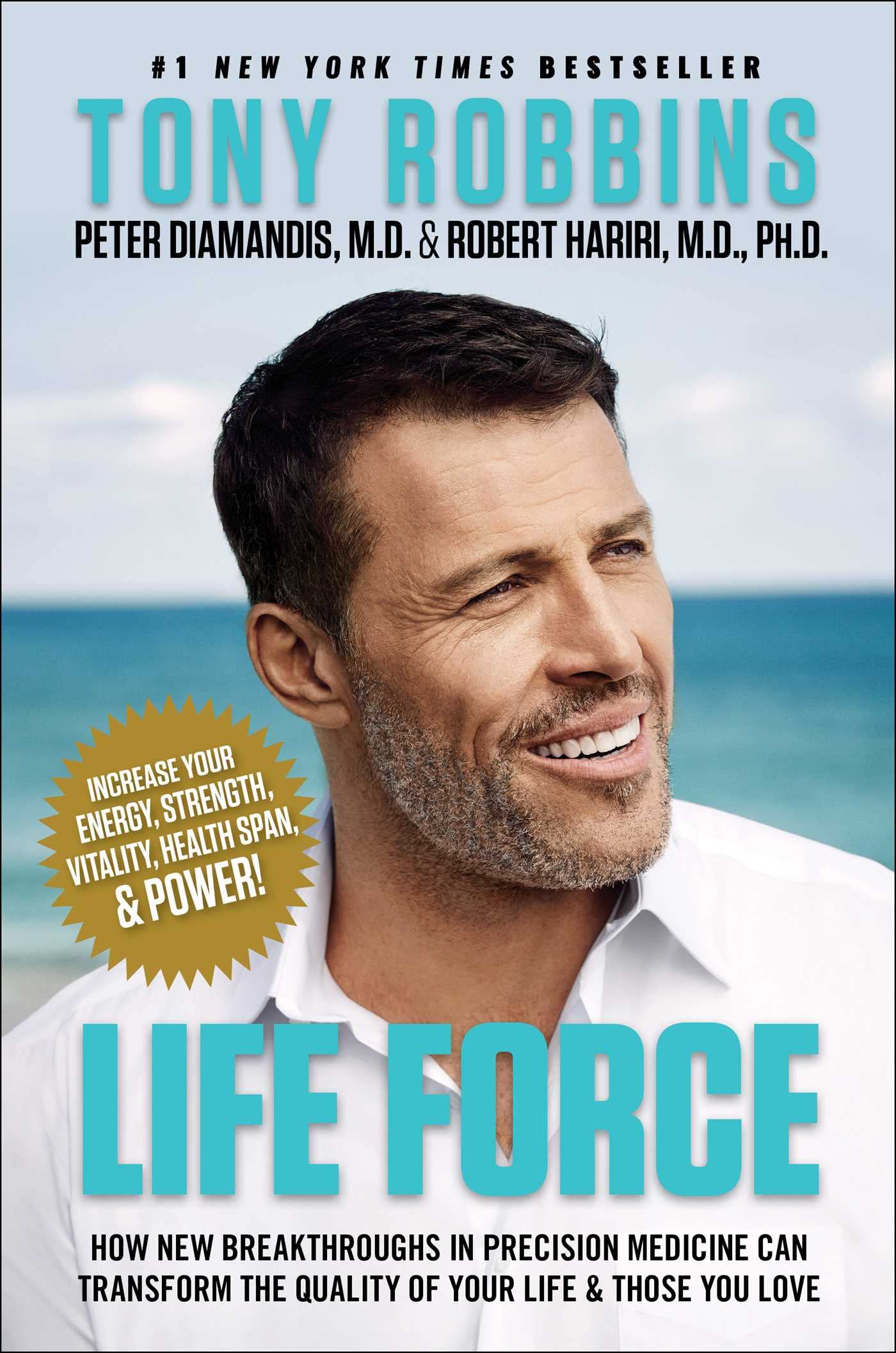
Life Force
by Tony Robbins, Peter Diamandis & Robert Harari
-
How to Win Friends and Influence…
by Dale Carnegie
-
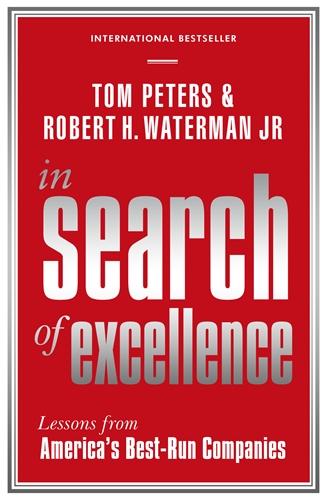
In Search of Excellence
by Thomas J. Peters
-
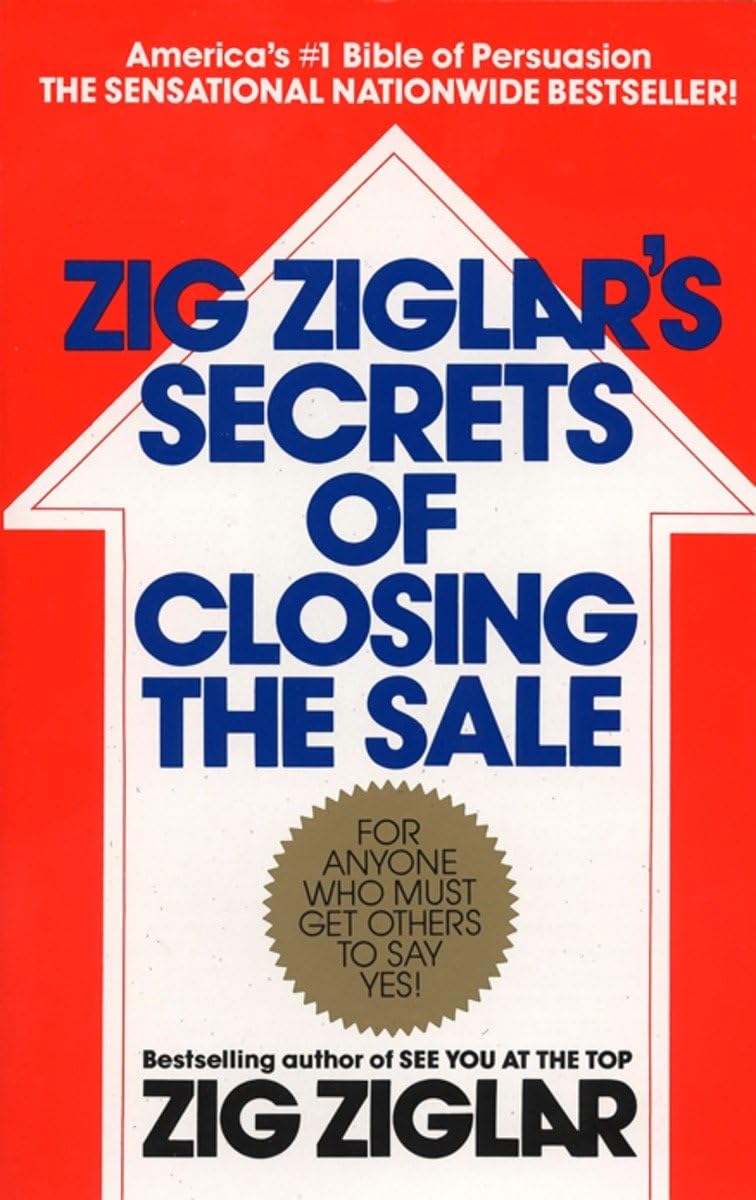
Zig Ziglar’s Secrets to Closing the…
by Zig Ziglar
-
Execution: The Discipline of Getting Things…
by Larry Bossidy and Ram Charan
-
Daring Greatly
by Brene Brown
-
Built to Last
by James C. Collins
-
Blink: The Power of Thinking Without…
by Malcolm Gladwell
-
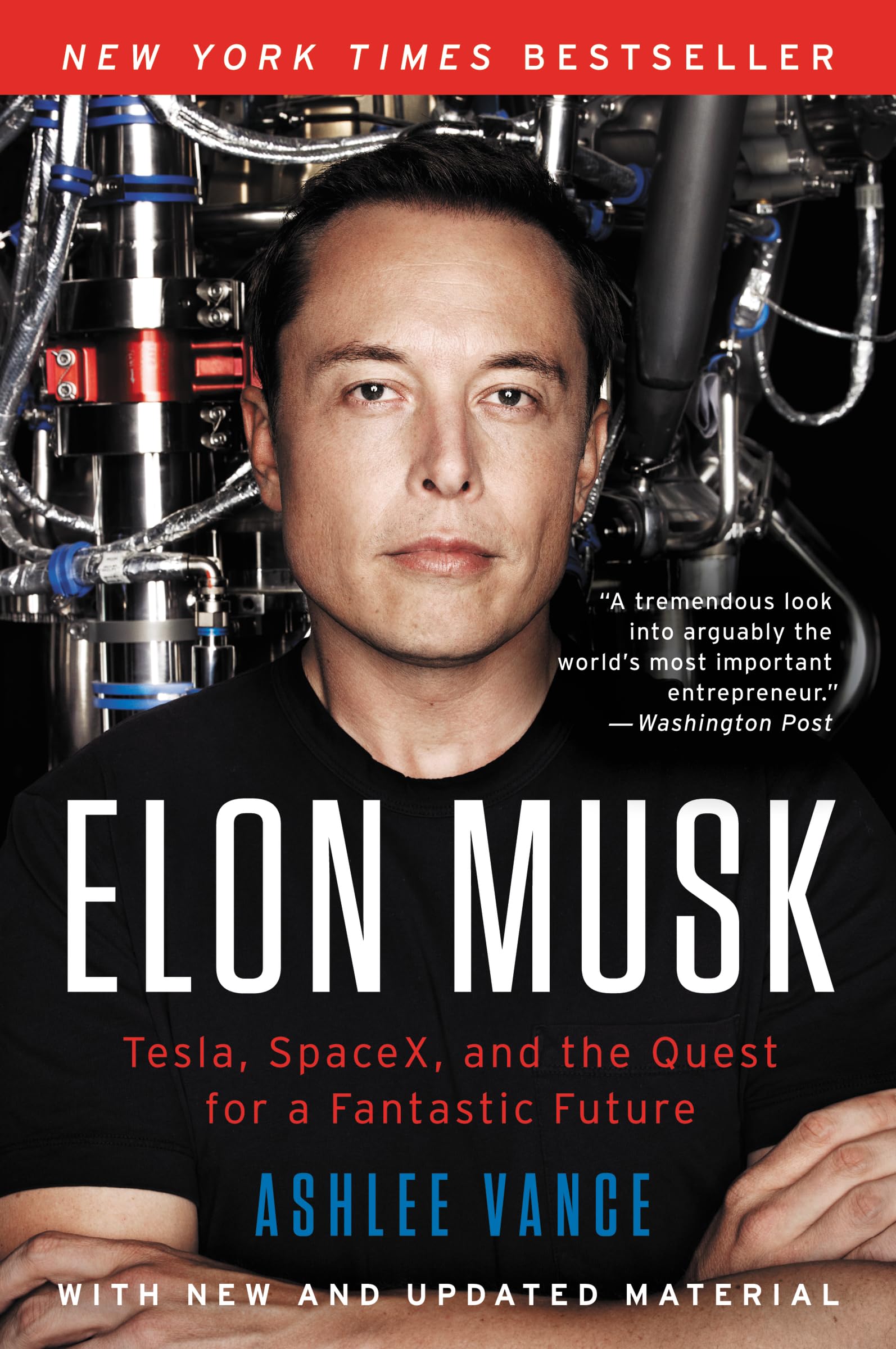
Elon Musk: Tesla, SpaceX, and the…
by Ashlee Vance
-
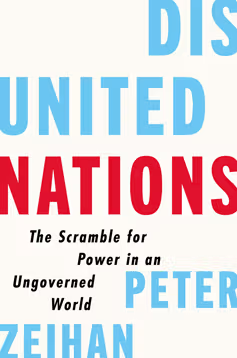
Disunited Nations
by Peter Zeihan
-
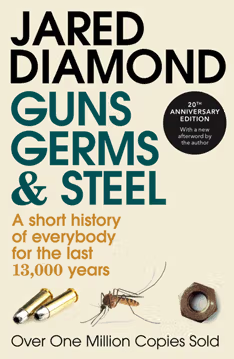
Guns, Germs, and Steel
by Jared Diamond
-
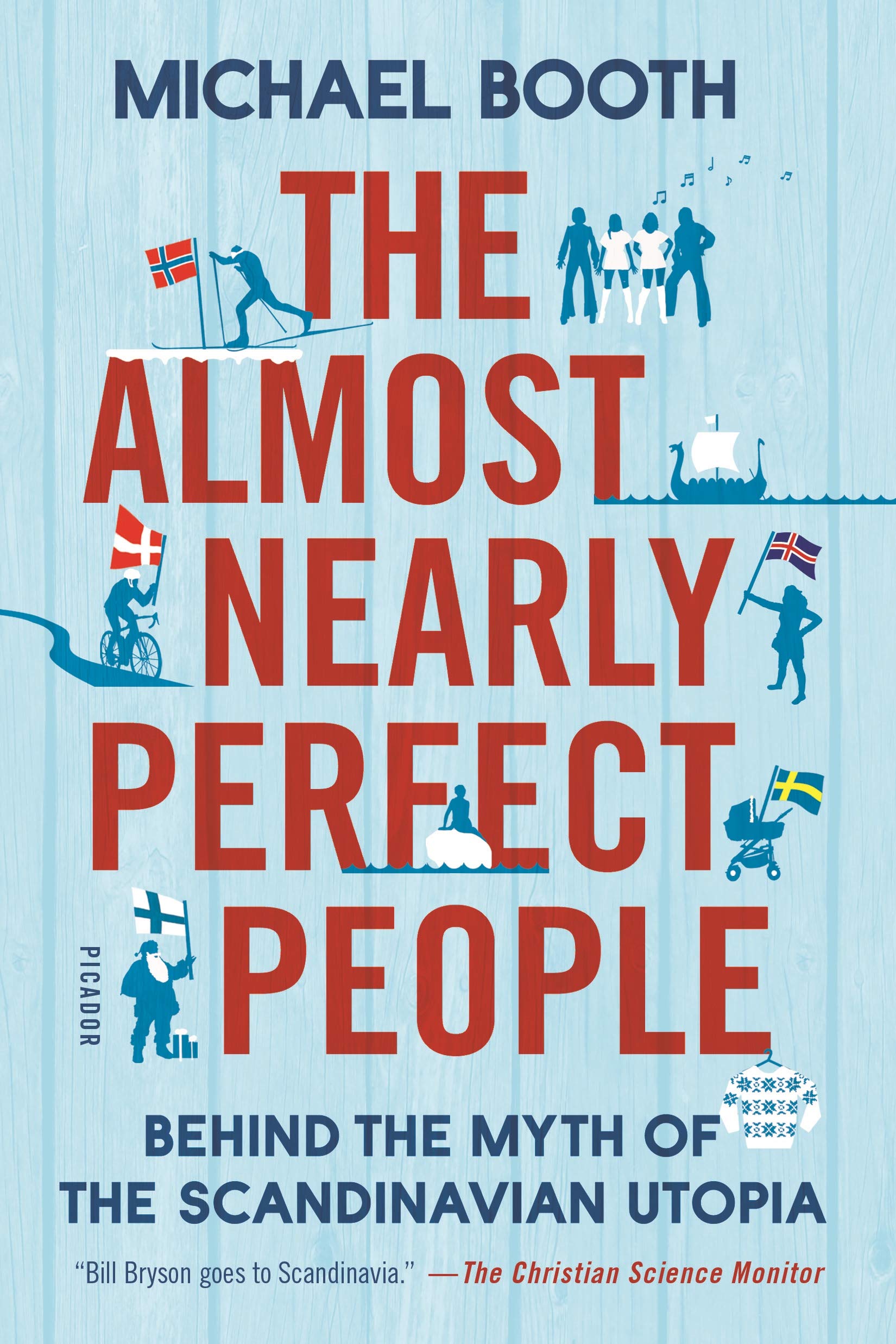
The Almost Nearly Perfect People
by Michael Booth
-
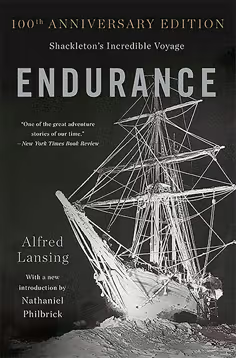
Endurance: Shackleton’s Incredible Voyage
by Alfred Lansing
-
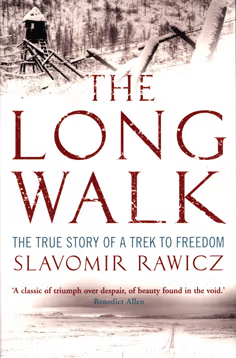
The Long Walk
by Slavomir Rawicz
CONSIDER THE HEDGEHOG
In his famous essay, “The Hedgehog and the Fox,” Isaiah Berlin divided the world into two animals. Based upon an ancient Greek parable, “the fox knows many things, but the hedgehog knows one big thing,” the hedgehog concept is developed in the book Good to Great, by Jim C. Collins. A simple, crystalline concept that flows from deep understanding about the intersection of three circles,
- What are you deeply passionate about?
- What you can be the best in the world at?
- What best drives your economic or resource engine?
Transformations from good to great come about by a series of good decisions made consistently with a hedgehog concept, accumulating one upon another, over a long period of time.
-

Good to Great
by James C. Collins
